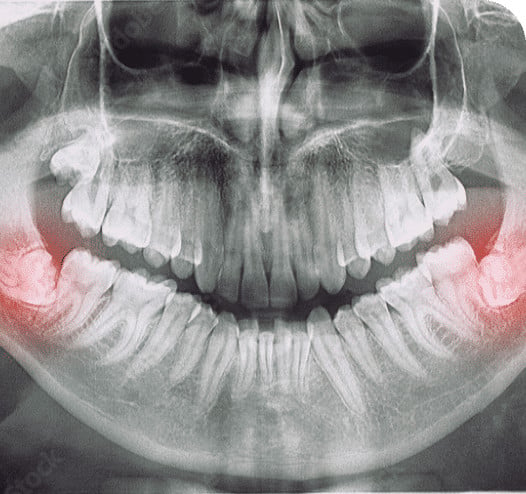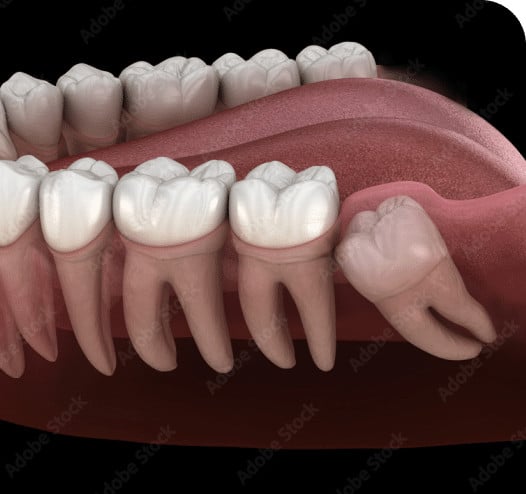Extractions and Wisdom Teeth FAQs
Why do people get tooth extractions?
Tooth extractions are removing teeth and can be necessary for several reason. A tooth may be decayed or too damaged to repair. Wisdom teeth are usually extracted because they crowd out other teeth.
How do I know if I need a tooth extraction?
Signs are severe tooth pain, infection, or a damaged tooth. Those who have impacted teeth will also need them extracted.
What should I expect during a tooth extraction?
The area will be numbed. You won’t feel pain but will feel pressure. It can be done is about 30 minutes in most cases. Some teeth have to be extracted in sections because of the damage.
How long does recovery take after a tooth extraction in Peterborough?
It varies from patient to patient but recovery time is generally 1 to 2 weeks.
Are there any risks associated with tooth extractions?
This procedure is safe but you must be careful about infections and dry socket. You also should pay attention to adjacent teeth to make sure they aren’t damaged.
How should I care for my mouth after a tooth extraction?
Follow your dentist’s instructions carefully. This will prevent dry socket and infection. Apply ice packs to reduce swelling, taking prescribed medications, and avoiding certain foods like spicy foods.
Can I replace a missing tooth after an extraction?
Yes, there are several replacement options at Grand Village Dental including dental implants, bridges and dentures.
How do I find out more?
Schedule an appointment with Grand Village Dental so we can examine your mouth to see if you need a tooth extraction.



